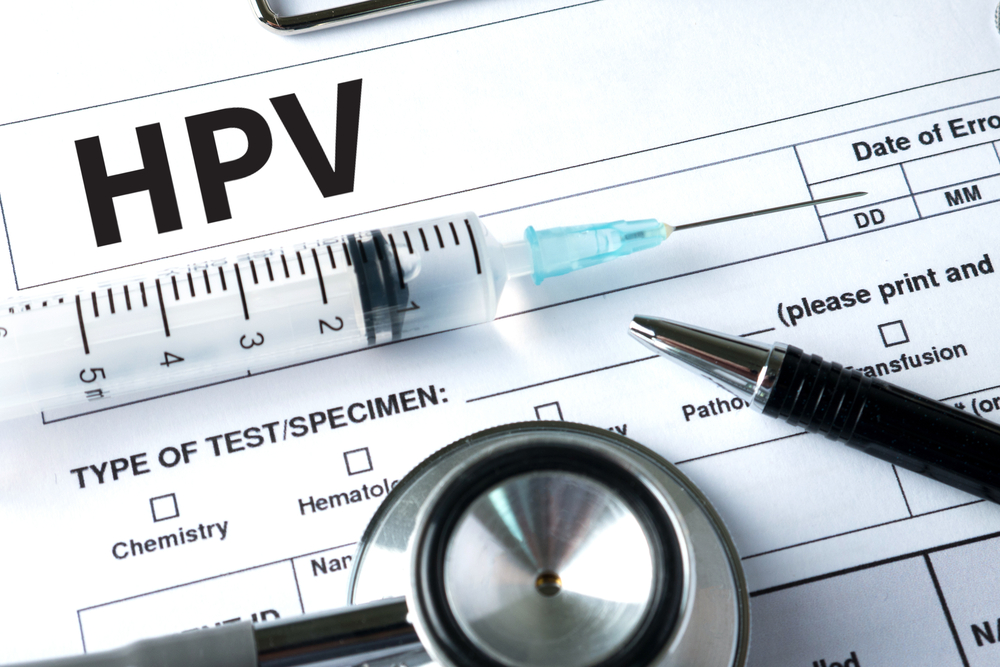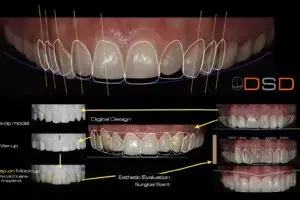Preventing oral cancer involves taking proactive steps to minimise risk factors and adopting a healthier lifestyle. Making simple yet effective changes in daily habits can significantly lower the likelihood of developing oral cancer. This article explores the essential preventive measures, focusing on lifestyle choices, diet, and oral hygiene practices that contribute to long-term oral health.
Importance of Prevention
Oral cancer is preventable in many cases, as most risk factors are related to lifestyle choices. According to the American Cancer Society, up to 75% of oral cancers are linked to tobacco and alcohol use, both of which are modifiable behaviors. Understanding these risk factors and taking preventive steps can make a significant difference.
Lifestyle Choices to Lower Risk
Avoid Tobacco Products
Using tobacco products, including cigarettes, cigars, pipes, and smokeless tobacco, is the leading cause of oral cancer. Tobacco contains carcinogenic chemicals that can damage oral tissues and lead to cancer.
- How to Quit: Seek support from smoking cessation programs or nicotine replacement therapies. Setting a quit date and having a support system increases the likelihood of success.
Limit Alcohol Consumption
Excessive alcohol use is another significant risk factor for oral cancer. Alcohol irritates the lining of the mouth, making it more susceptible to cancerous changes. When combined with tobacco use, the risk increases exponentially.
- Moderation is Key: If you drink alcohol, limit intake to no more than one drink per day for women and two for men, as recommended by the Centers for Disease Control and Prevention (CDC).
Protect Your Lips from the Sun
Prolonged sun exposure is a leading cause of lip cancer. UV rays can damage the delicate skin on the lips, leading to cell mutations.
- Practical Tips:
- Use a lip balm with SPF 15 or higher.
- Wear wide-brimmed hats when outdoors to shield your face and lips from direct sunlight.
Practice Safe Habits to Reduce HPV Risk
Certain strains of the human papillomavirus (HPV), particularly HPV-16, are linked to oropharyngeal cancers. Practicing safe behaviors can minimise the risk of infection.
- HPV Prevention:
- Vaccinate against HPV if eligible.
- Practice safe sex to reduce the risk of transmission.

Role of Diet in Prevention
A healthy diet plays a vital role in strengthening the body’s defenses against cancer. Certain foods contain antioxidants and nutrients that protect cells from damage and boost overall health.
Incorporate Cancer-Fighting Foods
- Fruits and Vegetables
- Rich in vitamins A, C, and E, which help repair damaged tissues and reduce inflammation.
- Examples: Leafy greens, carrots, berries, citrus fruits, and broccoli.
- Whole Grains
- High in fiber, which supports overall health and helps regulate the immune system.
- Examples: Oats, quinoa, and whole wheat products.
- Healthy Fats
- Omega-3 fatty acids have anti-inflammatory properties that may help lower cancer risk.
- Examples: Salmon, walnuts, and flaxseeds.
Limit Sugary and Processed Foods
Excess sugar and processed foods can promote inflammation and weaken the immune system, making the body more vulnerable to cancer.
- Choose Alternatives: Opt for fresh fruits instead of sugary snacks and whole foods over processed options.
Stay Hydrated
Water is essential for oral health. It helps flush out food particles, bacteria, and toxins that can accumulate in the mouth.
- Pro Tip: Replace sugary drinks with water or herbal teas to maintain hydration without added calories or harmful effects.
Maintaining Good Oral Hygiene
Oral hygiene is a cornerstone of cancer prevention. Proper care of your teeth and gums reduces the risk of infections, chronic inflammation, and abnormal cell changes in the mouth.
Brushing and Flossing
- Brush your teeth twice a day using fluoride toothpaste and a soft-bristled toothbrush.
- Floss daily to remove plaque and food particles from between teeth.
Use Antimicrobial Mouthwash
Mouthwashes containing antimicrobial agents can help reduce the levels of harmful bacteria in the mouth, preventing infections and inflammation.
Regular Dental Check-Ups
Schedule dental check-ups every six months. Dentists can detect early signs of oral cancer and provide professional cleanings to maintain optimal oral health.
Exercise and Overall Health
Physical activity supports overall health and reduces the risk of many cancers, including oral cancer. Exercise improves immune function, lowers inflammation, and helps maintain a healthy weight.
- Recommended Activity Levels: Aim for at least 150 minutes of moderate exercise or 75 minutes of vigorous exercise per week, as per the World Health Organisation guidelines.
Avoiding Risky Behaviors
Certain behaviors can increase the likelihood of developing oral cancer. By avoiding or minimising these habits, you can significantly reduce your risk.
Reduce Processed Meat Consumption
Processed meats, such as sausages and bacon, contain preservatives that have been linked to cancer. Limit these foods and replace them with lean protein sources like chicken, fish, or legumes.
Limit Acidic Foods and Drinks
Acidic foods and beverages, such as citrus juices and carbonated drinks, can erode the protective layer of the mouth and increase sensitivity.
- Tip: Use a straw when drinking acidic beverages to minimise contact with your teeth and gums.
Regular Screenings for Early Detection
Prevention also includes regular screenings to catch oral cancer in its early stages. Dentists can perform thorough exams and use advanced diagnostic tools to identify potential issues.
Why Screenings Matter
Early detection improves treatment outcomes and survival rates. Routine check-ups can catch abnormalities before they progress into cancer.
Conclusion
Preventing oral cancer starts with making informed choices about your lifestyle and diet. Avoiding tobacco and alcohol, protecting your lips from the sun, and practicing good oral hygiene are critical steps in reducing risk. A balanced diet rich in fruits, vegetables, and whole grains further supports your body’s ability to combat diseases.


